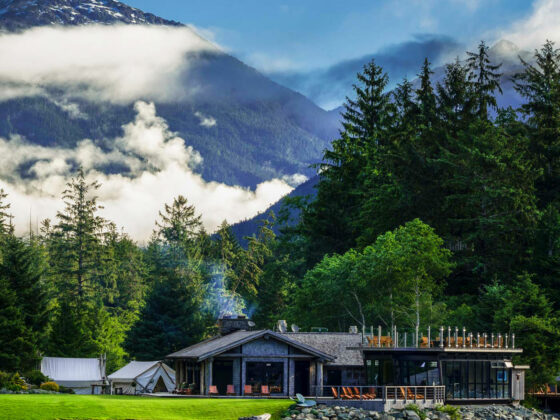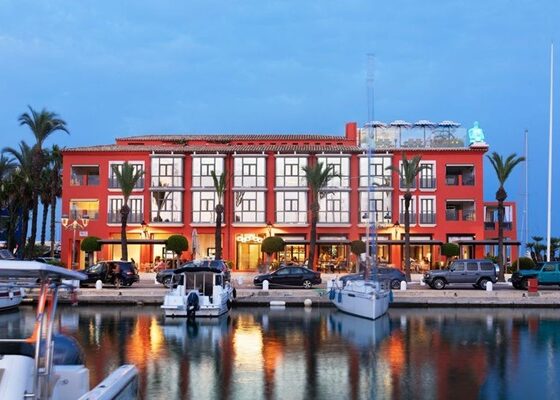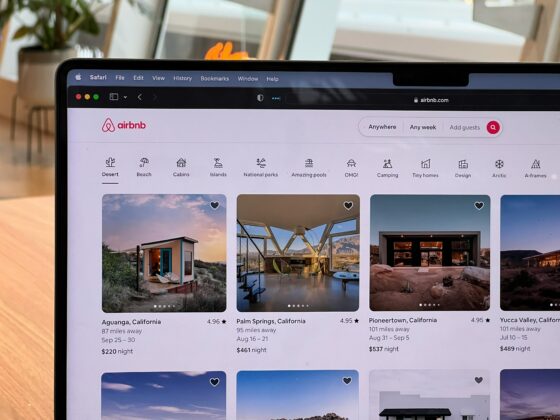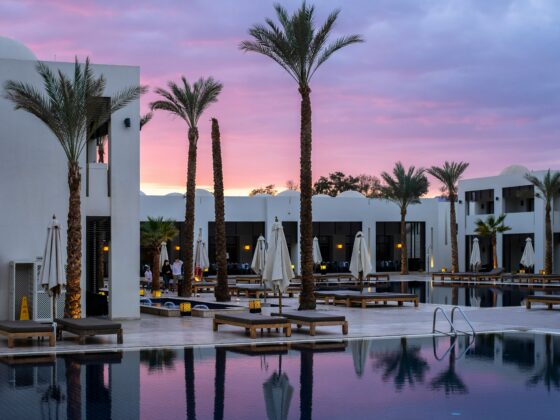
When I first arrived in Kep, Cambodia, in 2003, it felt like a town lost in time. Once known as the “Côte d’Azur of Cambodia,” Kep had been a glamorous seaside escape filled with beautiful villas and vibrant life. But after years of war and hardship, the beaches were deserted, the roads crumbling, and the elegant homes reduced to ruins. What remained was only a faded memory of a golden era.
Today, Kep is alive again. The town hums with creativity and renewal. Fishermen bring in their daily catch, murals brighten once-empty walls, and visitors are returning to discover its natural beauty and cultural soul. This revival tells a bigger story: hospitality is moving beyond sustainability, which is about doing less harm, toward regeneration, where the goal is to restore, rebuild, and leave places better than we found them.
From Sustainability to Regeneration
Sustainability has often been reduced to gestures like banning plastic straws or organizing beach cleanups. While well-meaning, these actions can feel superficial if larger systems are left unchanged. True sustainability requires circular thinking: reducing, reusing, recycling, and managing resources responsibly. At Knai Bang Chatt, for example, effective waste sorting and composting means we generate only about 20 percent of the waste of a typical hotel.

Accountability is equally important. That is why we joined Green Growth 2050, a certification system that tracks more than 480 indicators. The platinum certification we earned is not just a badge, it is a framework for continuous improvement.
But sustainability alone is no longer enough. Travelers now seek experiences that make a positive difference. Regeneration addresses this need. It means restoring ecosystems, supporting local economies, and preserving culture. It is about creating opportunities for communities while tackling climate challenges. Guests increasingly want their travel to contribute to solutions rather than add to problems.
Kep as a Case Study
Kep’s story illustrates what regeneration can achieve. In 2003, I acquired three abandoned villas with my friend Boris Vervoordt. We were drawn to the striking architecture and the warmth of the community, and we believed in Kep’s potential to rise again.
Our efforts have centered on three areas. The first is ecological restoration: working with Marine Conservation Cambodia to protect the sea, replant mangroves, and revive coral reefs. The second is cultural investment: launching the Art for Kep festival and creating artist residencies to celebrate local creativity. The third is community support: investing more than one million dollars in health, education, and income opportunities for local families. These combined efforts have helped Kep regain its spirit while proving that hospitality can play a vital role in restoring both nature and culture.
Lessons Learned for Global Hospitality
Kep has taught me that hospitality can be a powerful engine for regeneration, but only if guided by genuine commitment. The first lesson is to measure impact. Without evidence, claims of progress risk becoming empty stories. Restoration projects, whether mangroves, coral reefs, or historic architecture, require consistency and accountability.
Balancing luxury with local authenticity is also critical. Guests today are not satisfied with standardized experiences. They value a sense of place: local food, heritage architecture, wellness traditions, and community events. This deeper connection creates emotional value that globalized, one-size-fits-all offerings cannot provide.
Another lesson is that travellers should be active participants in regeneration, not passive consumers. The ultimate goal is for communities to thrive alongside tourism. Partnerships with NGOs, artists, and local leaders bring fresh ideas and resilience, ensuring the benefits of hospitality extend far beyond hotel walls.
The Business Case for Regeneration
When we first embraced regeneration, some doubted it would be practical. Yet it has proven to be good business. Today’s conscious travellers actively choose destinations that align with their values. They want their stay to contribute to the place they visit, whether through conservation, cultural exchange, or community programs. This creates loyalty, repeat visits, and word-of-mouth advocacy.
Operationally, regeneration makes sense too. Local sourcing reduces costs, ensures fresher products, and lowers the carbon footprint. Circular design, reusing materials and minimizing waste, saves money while building resilience. Most importantly, regeneration sets a property apart in a crowded market by positioning it not just as a place to stay but as a force for good.
A Call to Action for the Industry
For hoteliers and developers, the path forward is clear. Start by forming a green team and making sustainability measurable. Join certification programs that demand accountability. Then take the next step into regeneration: invest in restoration projects, partner with local organizations, and share the value created with communities.
Programs like Art for Kep demonstrate how culture and creativity can unite communities while enriching the guest experience. Working with NGOs, farmers, and local leaders ensures that hospitality growth benefits everyone involved.
Regenerative travel is not a passing trend. It is a long-term strategy that creates resilience, meaning, and shared prosperity. If every hotel committed to giving back more than it took, even by just one percent, the global hospitality industry could become one of the greatest forces for regeneration our world has ever seen.







